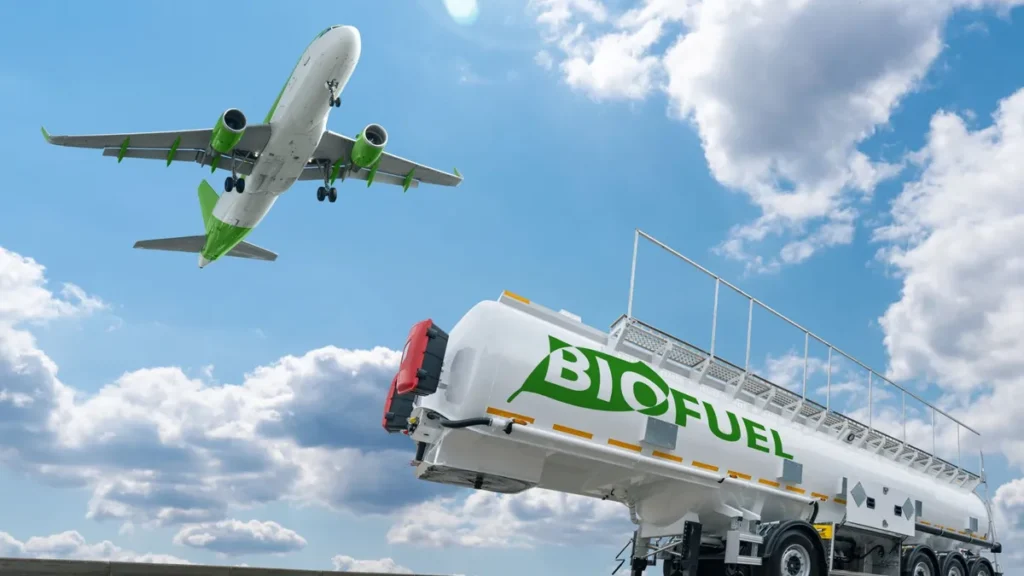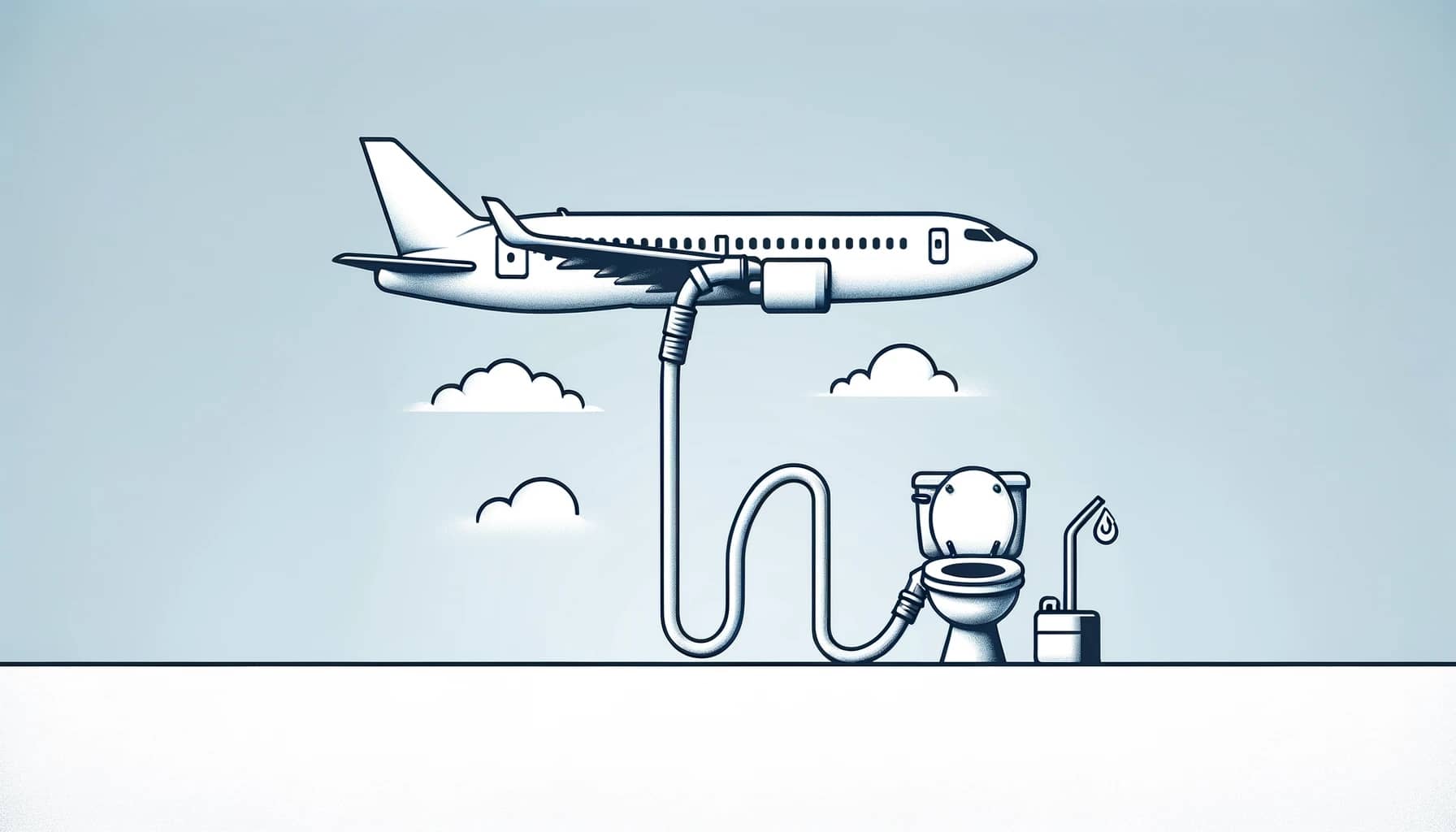Firefly Green Fuels, a start-up from Bristol, UK, wants to change the face of aviation with a revolutionary proposition: converting human waste into jet fuel. An initiative which promises to reduce the carbon footprint of flights, and with a truly… widespread raw material.
The new type of “human-powered” fuel, tested and verified independently by aviation industry regulators, is identical to that traditionally used in jet engines. Its production offers a potentially revolutionary solution to reducing the carbon footprint of a notoriously polluting industry.
Electric revolution: good and bad news
The aviation industry is responsible for approximately 2,5% of global carbon emissions. While this percentage may seem modest, its significance is heightened by the fact that only a small portion of the world's population travels by air, and the industry is expected to continue to grow in the future.
Faced with this reality, the search for sustainable aviation fuels (SAF) has become a priority. Also because attempts to decarbonise the sector through the use of electric aircraft o powered by hydrogen, while promising, are still in their infancy. We are years away from replacing the large aircraft that currently use fossil fuels. A truly shocking situation…
…Excrement.

Turning human waste into jet fuel is an example of how science and innovation can help solve complex sustainability problems.
The process, developed in collaboration with the chemist Sergio Lima from Imperial College London, involves converting excrement into a thick, black liquid similar to crude oil, which is then refined to produce fuel.
The potential of this technology? Evaluate yourself. Firefly Green Fuels estimates that treating 10.000 people's wastewater for a year can generate enough fuel for a flight from London to New York. Um.
If we consider the entire population of the United Kingdom, society could satisfy up to 5% of aviation fuel demand. A contribution to the reduction of greenhouse gas emissions.
A solid and green (I would have said brown) future
Firefly Green Fuels is focusing on building a large-scale demonstration plant in the UK. The company's vision? Providing a sustainable solution for aviation, sure. But also to establish a model for the treatment and effective use of human excrement, a material available in abundance and currently undervalued.
The prospect of zero-impact flights thanks to this innovative technology opens new frontiers for the aeronautical sector and for sustainable waste management.
After all, from these things, the Poet said, flowers are born.


